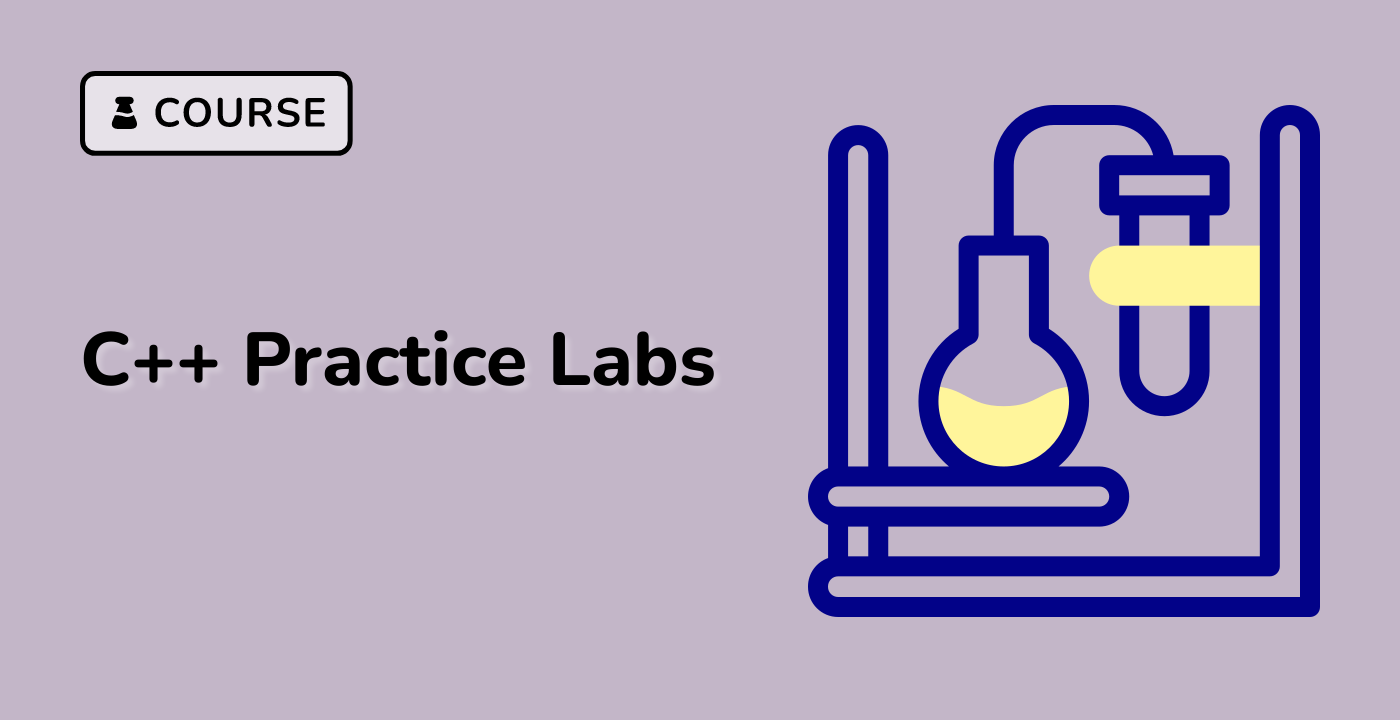C++ Library Basics
What are C++ Libraries?
C++ libraries are collections of pre-written code that provide reusable functionality for developers. They help programmers save time and effort by offering standardized solutions to common programming tasks.
Types of C++ Libraries
1. Standard Libraries
Standard libraries are built-in libraries that come with the C++ compiler. They provide essential functions and classes for various programming needs.
graph TD
A[Standard Libraries] --> B[Input/Output]
A --> C[Containers]
A --> D[Algorithms]
A --> E[Memory Management]
Header files define the structure and interface of library components. They typically have .h or .hpp extensions.
| Library Type |
Description |
Example Headers |
| Standard C++ |
Built-in libraries |
<iostream>, <vector> |
| Third-party |
External libraries |
<boost/algorithm.hpp> |
| Custom |
User-defined libraries |
myproject.h |
Key Standard Library Components
The <iostream> library provides input and output functionality:
#include <iostream>
int main() {
std::cout << "Welcome to LabEx C++ Programming!" << std::endl;
return 0;
}
Containers
The <vector> library offers dynamic array functionality:
#include <vector>
int main() {
std::vector<int> numbers = {1, 2, 3, 4, 5};
numbers.push_back(6);
return 0;
}
Algorithms
The <algorithm> library provides powerful data manipulation functions:
#include <algorithm>
#include <vector>
int main() {
std::vector<int> numbers = {5, 2, 8, 1, 9};
std::sort(numbers.begin(), numbers.end());
return 0;
}
Benefits of Using Libraries
- Code Reusability
- Performance Optimization
- Standardized Solutions
- Reduced Development Time
Best Practices
- Always include necessary headers
- Use standard libraries when possible
- Understand library functionality before implementation
- Keep libraries updated




